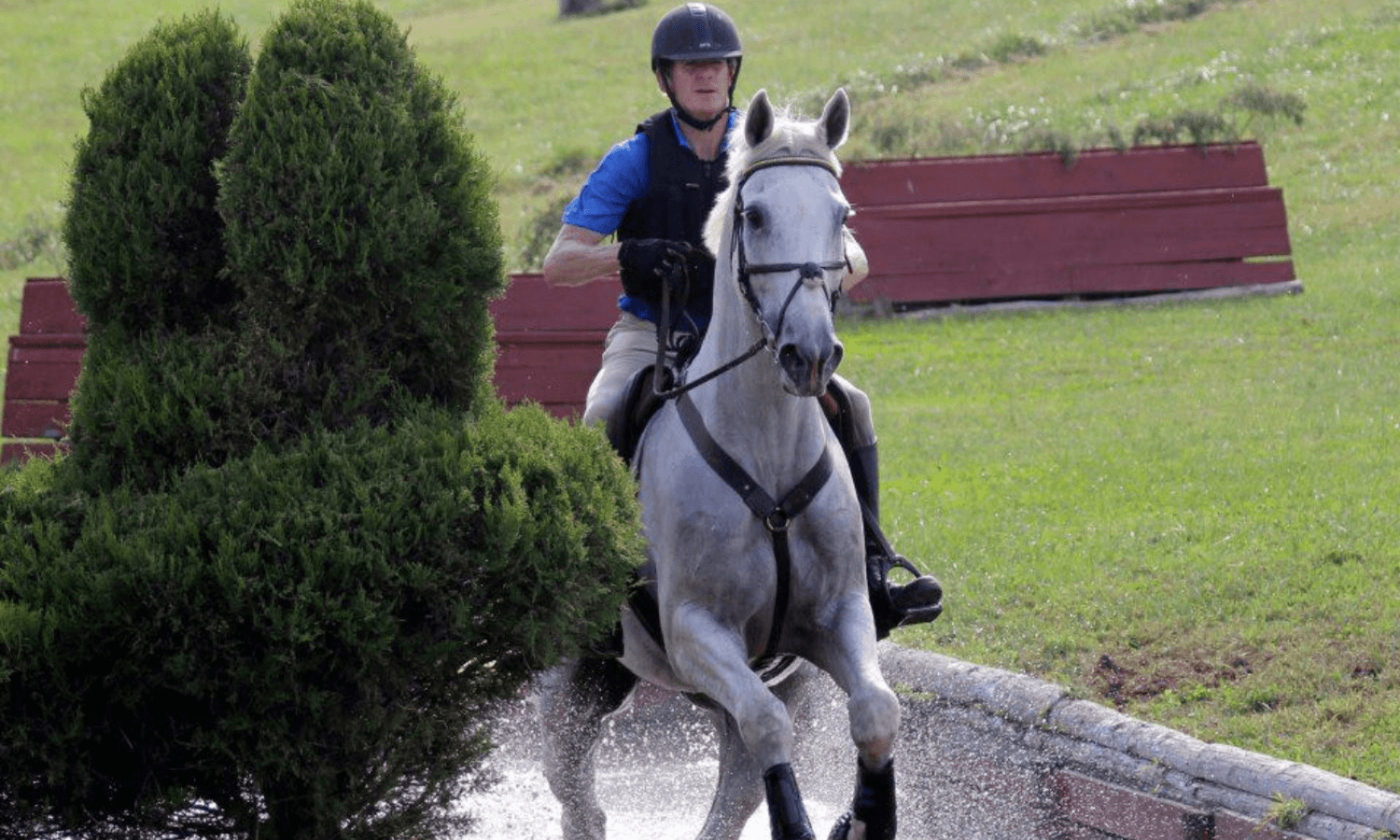Section 1031: Tax-free Real Estate Exchanges - What You’re Not Thinking About When You’re Thinking About Selling Your Farm

When you’re ready to downsize or sell your farm, countless variables are likely on your mind. Are you selling your horses or finding a new barn for them? Are you shifting your lifestyle or just your owned acreage? How do you ensure you’re not forgetting any crucial details?
Deferring or potentially even forgiving capital gains tax may not have crossed your mind, but tax-advantaged real estate investments present powerful opportunities to do exactly that. You’re familiar with the idea of building wealth through real estate, for yourself and for future generations. However, like a beautiful thoroughbred, real estate is far more than a one-trick pony.
Investing in real estate has countless advantages: stable cash flow, appreciation, depreciation deductions to shelter cash flow from tax and a hedge against inflation, just to name a few. Yet it’s Section 1031 of the tax code, legislation over 100 years old, that provides exceptional tax benefits not available for other investments. Are you aware that investment and business property can be sold, with the capital gains tax deferred (or even forgiven), if the seller takes advantages of Section 1031 of the tax code?
We’re not suggesting that you sell your farm to become a landlord and worry about tenants, toilets, and trash. On the contrary, Capital Square manages passive real estate investments that empower investors to access quality properties they would not be able to afford on their own through a largely automated, simplified Section 1031 exchange process.
Competing on an 1,100-pound animal with a mind of its own is incredibly challenging. And running a horse farm day in and out takes skill and hard work. But investing in tax-advantaged real estate opportunities can be simple and straightforward, provided you are working with the right manager.
Unlike an individual owner’s active management of rental property, fractionalized ownership of real estate through a Delaware statutory trust (DST), via a 1031 exchange, has numerous advantages. For example, the DST manager—not the investor—sources and manages the property on a turn-key basis. In addition to passive income and appreciation, DST investors defer capital gains taxes, and this tax deferral becomes full forgiveness if passed on to the next generation at the end of one’s life. Cash flow is paid to owners monthly by ACH directly into their bank accounts, with quarterly reporting and an annual audit.
Furthermore, by investing in multifamily real estate, an investor is focusing on the most stable, recession-resistant, inflation hedging asset type, as well as an asset type likely to see long-term rent growth and appreciation. Housing is essential, a necessity. Moreover, higher housing prices and mortgage rates have pushed even more people toward the rental market, which has increased demand in recent years and is expected to remain in-demand for years to come. Multifamily real estate is a long-term investment strategy with historical strength and legacy-building potential.
At Capital Square, we love talking about tax law, and we love talking about real estate. If neither of these subjects are something you discuss around the stable, that’s OK. We all have our specialties. This just happens to be ours.
Plus, we both share this understanding: a love of horses and the sport of eventing can change lives. You know it when you’re riding your favorite Irish Sport Horse on a warm spring morning, and you know it when you hear the sound of hooves echoing throughout the arena.
Thoughtful tax strategies when you’re selling your farm or investment property can change lives as well. Yours, as well as your family’s.
At Capital Square, we too are equestrians, and we are here to make taxes less taxing. We are just a call, email or text away. See you at the next competition.















